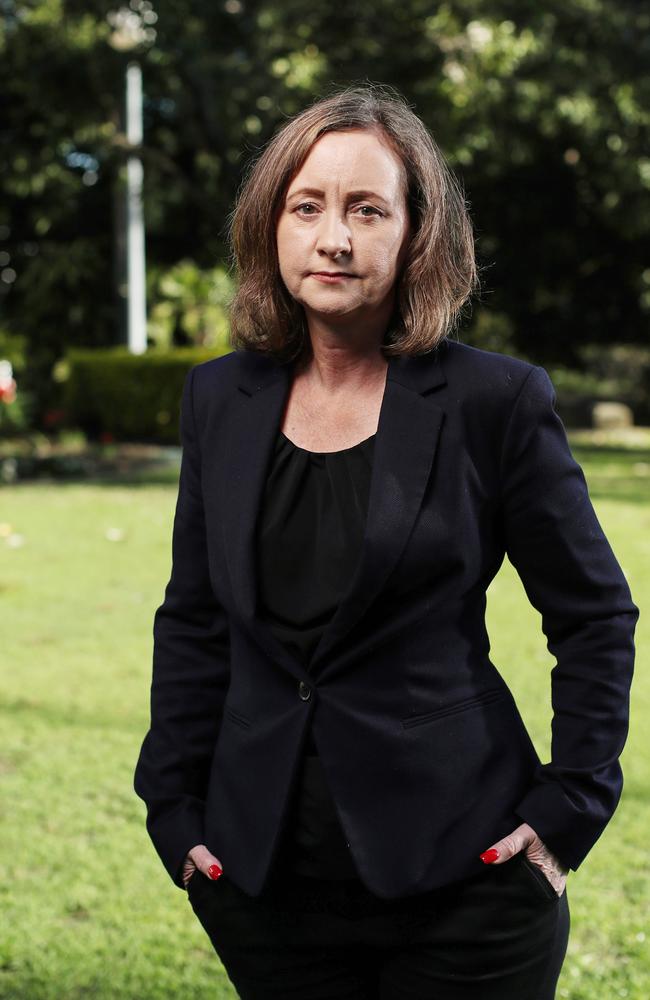State of denial: Maternity services in staffing spiral
There are fewer public health facilities offering birthing services now than several years ago, with many temporarily closed as staffing pressures hamper efforts to restore maternity care.
QLD News
Don't miss out on the headlines from QLD News. Followed categories will be added to My News.
There are fewer public health facilities offering birthing services now than several years ago, with services temporarily closed as staffing pressures continue to hamper efforts to restore maternity care.
A snapshot of birthing services published in a report from 2019 shows 41 birthing services were shut down in Queensland between 1996 and 2017.
Since the report was released, two other services have temporarily stopped – including in Cooktown where medical staffing shortages have resulted in a halt to service as of February last year.
Birthing services have also temporarily ceased at Biloela Hospital as the state tries to secure a suitably qualified anaesthetic doctor.
Health Minister Yvette D’Ath announces maternity services will return to Gladstone
As the search continues for a permanent replacement in Biloela, there are efforts underway to recruit a locum doctor to provide services for the region in the meantime.
Meanwhile, recruitment is still continuing for a new birthing unit at Weipa Integrated Health Service, which is expected to offer low-risk birthing once staff are hired.
A Queensland Health spokesman said a safe birthing service required the availability of highly qualified maternity staff, including midwives and medical staff with advanced training in obstetrics and anaesthetics.
“A national shortage of midwifery and rural generalists with advanced skills poses challenges in staffing rural maternity wards, and Queensland is not immune from this,” the spokesman said.
“Decisions around the location of birthing services are made with a number of factors in mind, including proximity to major health facilities, population growth, demand for services and staff availability.”

Health Minister Yvette D’Ath also pointed out that the Covid-19 pandemic had impacted on staffing in the health sector nationally, and internationally.
“There are no quick solutions, and we must ensure that when these services reopen that it is done so safely,” she said.
“Our large decentralised state also makes it challenging to attract and retain health workers.”
Opposition Leader David Crisafulli said he had spoken with Queenslanders who wanted to live and work in the regions, but were contemplating leaving their hometowns if they wanted to start a family.
“That’s not the modern Queensland we want to live in,” Mr Crisafulli said. “Mums should be able to give birth when, where and how they want.”
Queensland Health says 32 of its 39 maternity services are based in regional and remote areas of the state.
Gladstone Hospital enters phase two of maternity bypass services fix
The government announced earlier this month that it plans to restore Gladstone Hospital to level 3 maternity services by mid-year when four newly recruited obstetricians move to the region.
It came after The Sunday Mail reported that mums from Gladstone were so fearful of travelling to Rockhampton to give birth that they were demanding elective C-sections.
The 2019 snapshot of birthing services that have closed was detailed in the Rural Maternity Taskforce Report – which lists six recommendations that Queensland Health has accepted.
“Extensive work has been done and is continuing on implementing the recommendations,” a Queensland Health spokesman said.
Babinda, Tully, Childers, Maryborough, Gatton, Charters Towers, Winton, Miles, Texas, and Tara are among the facilities that have stopped birthing services since 1996.





